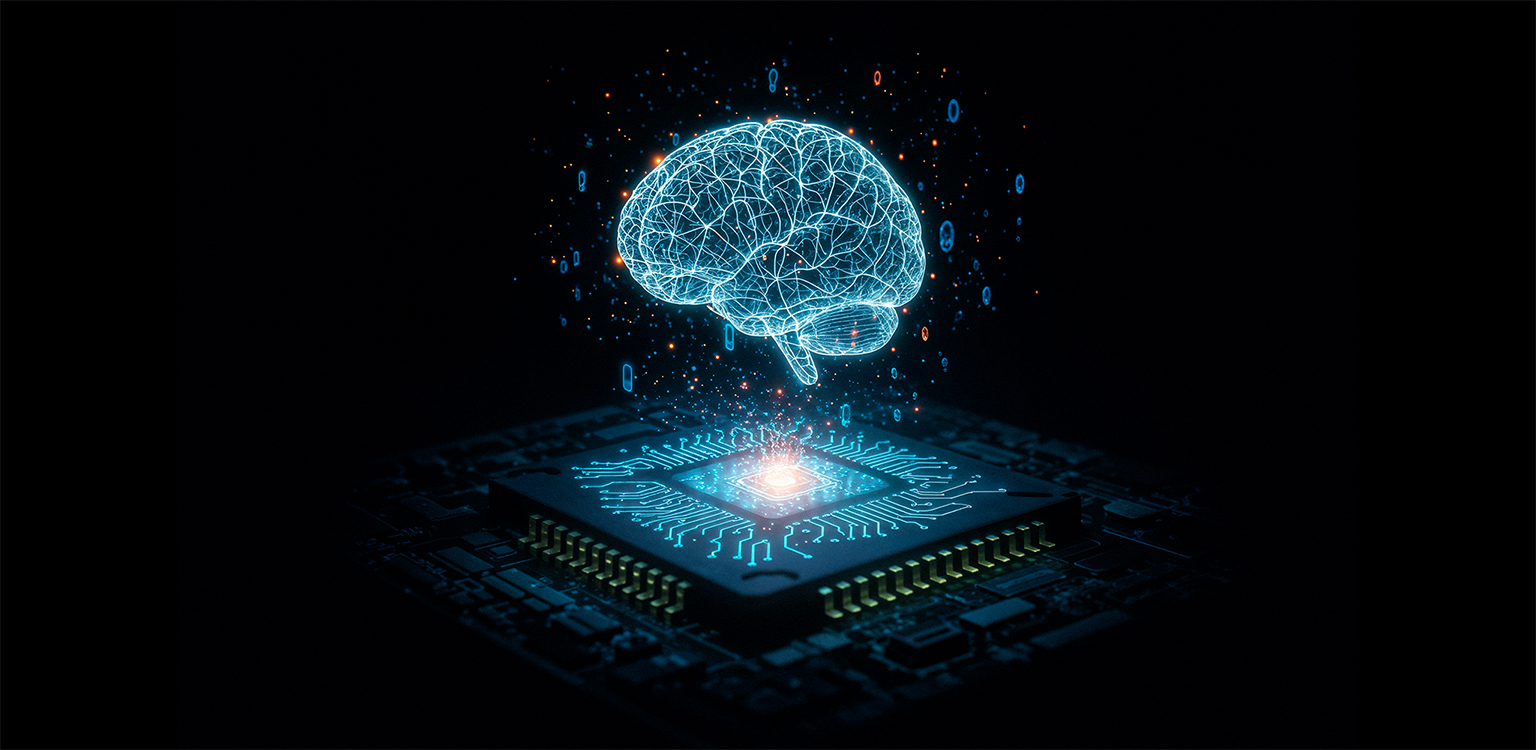In an era where healthcare technology evolves at lightning speed, relying solely on automation is no longer sufficient. Healthcare organizations need a more refined approach, one that seamlessly combines human judgment with the precision of algorithmic power. That is where artificial wisdom comes in.
AI Enhances, but Human Expertise Guides
Artificial Intelligence (AI) offers impressive capabilities: it speeds up tasks, detects patterns, and reduces errors in billing and coding. However, AI lacks the context and foresight of seasoned revenue cycle professionals. Studies show that roughly 46% of hospitals now use AI to support key tasks in RCM, yet this technology works best when shaped by leaders trained in healthcare finance and compliance.
Domain experts, especially those familiar with payer behavior, regulatory requirements, and documentation nuances are essential. They train AI systems to follow policies, flag suspicious activity, and adapt strategies to changing market realities. Their instincts keep automation grounded in real-world outcomes.
The Rising Stakes of AI in RCM
The AI-driven RCM market is growing rapidly, valued at $20.68 billion in 2024 and expected to reach $25.7 billion in 2025, with long-term projections hitting $180 billion by 2034. These advances enable deeper integration. Over 57% of patient eligibility workflows at top-performing systems are now managed by AI bots, leading to denial reductions of up to 40%.
Yet technology without human direction risks becoming detached from compliance and patient-centered care. Without expertise, automation could drive up denial rates, compliance violations, or even ethical lapses.
What Is Artificial Wisdom?
Artificial wisdom combines human judgment rooted in empathy, ethical standards, and deep industry knowledge with AI’s analytical horsepower. It’s not just about making automation smarter; it is about making it responsible and adaptive.
Experienced healthcare leaders guide AI systems to:
- Interpret ambiguous payer rules
- Align billing with evolving regulations
- Prioritize sensitive patient scenarios
- Maintain transparency in decision-making
Given the complexity of healthcare, this blend ensures tools don’t become detached or overly mechanical.
How HealthRecon Connect Brings Artificial Wisdom to Life
At HealthRecon Connect, we believe technology should elevate, not replace human ingenuity. That’s why we pair AI-driven RCM tools with teams steeped in billing best practices and payer expertise.
Our platform provides:
- Expert-guided automation that understands coding nuances and payer policies
- Transparent analytics, so providers can trace how decisions are made
- Ongoing staff training to keep your team ahead of compliance and documentation expectations
By blending real-world insight with automation, we help clients reduce denials, accelerate revenue recovery, and sustain patient trust.
Why Human Expertise Still Wins the Day
Even the best algorithms come up short when empathy is required, such as managing patient financial distress or navigating nuanced coding rules. Human leaders recognize that the RCM process is not just transactional: it’s deeply intertwined with patient experience and organizational integrity.
Artificial wisdom ensures automated systems reflect this reality, bringing the best of both minds into the revenue cycle.
References
- “3 Ways AI Can Improve Revenue‑Cycle Management” – AHA/HFMA
https://www.aha.org/aha-center-health-innovation-market-scan/2024-06-04-3-ways-ai-can-improve-revenue-cycle-management - “Top 7 Trends Reshaping Revenue Cycle Management in 2025” – Plutus Health
https://www.plutushealthinc.com/post/top-7-trends-reshaping-revenue-cycle-management-in-2025 - “The New AI Opportunity in Healthcare Revenue Cycle Management” – Citrin Cooperman
https://www.citrincooperman.com/In-Focus-Resource-Center/The-New-AI-Opportunity-in-Healthcare-Revenue-Cycle-Management - “AI in Healthcare Revenue Cycle Management Market Growth” – towardshealthcare.com
https://www.towardshealthcare.com/insights/ai-in-healthcare-revenue-cycle-management-market-sizing - Frankenfield, Jake. (January 16, 2022. What is Machine Learning? Investopedia AI in Healthcare Revenue Cycle Management Market Growth” – towardshealthcare.com https://www.investopedia.com/terms/m/machine-learning.asp
- “The New AI Opportunity in Healthcare Revenue Cycle Management” – Citrin Cooperman
https://www.linkedin.com/pulse/artificial-wisdom-aw-future-roadmap-medical-education-jamkar

